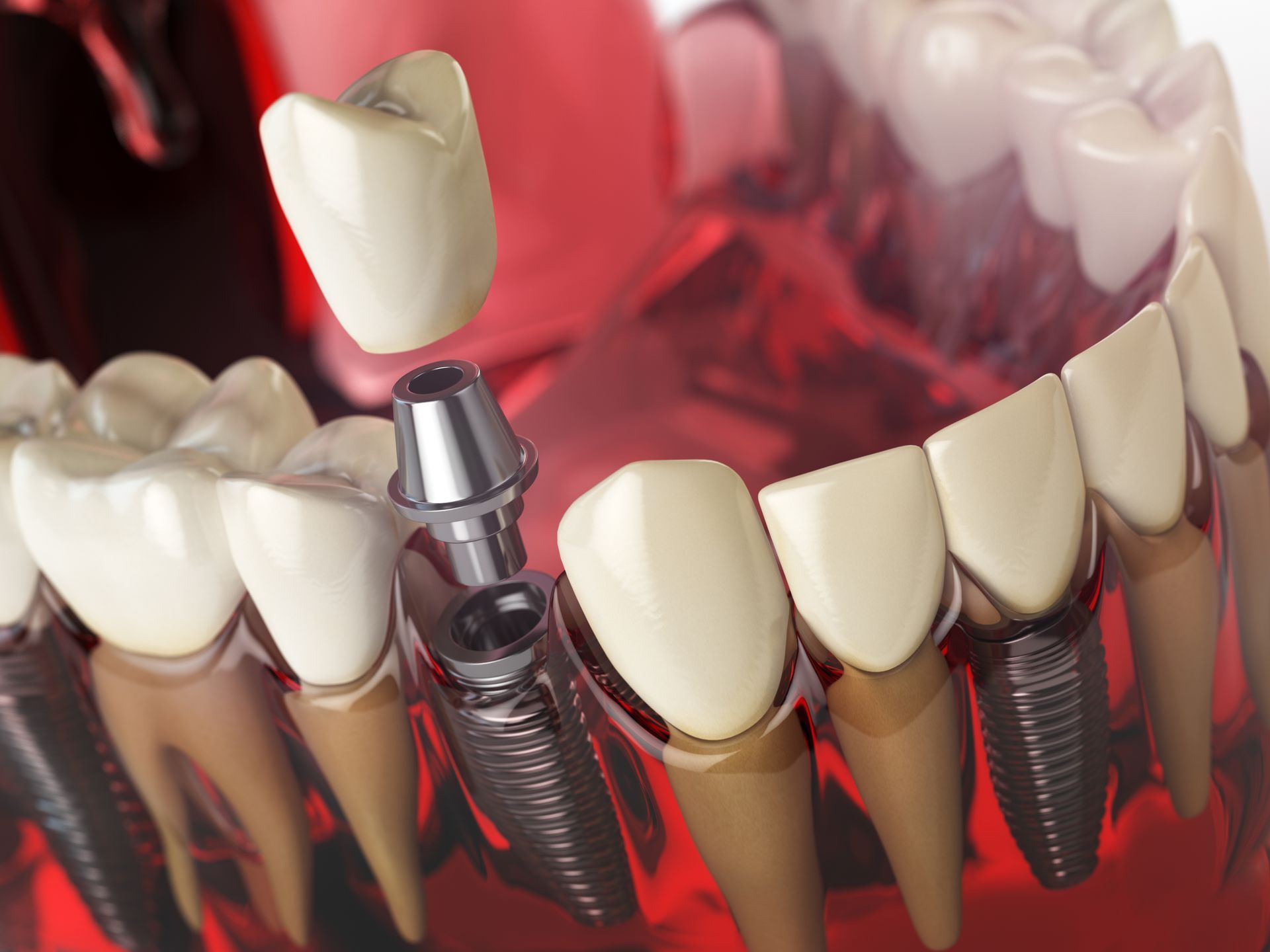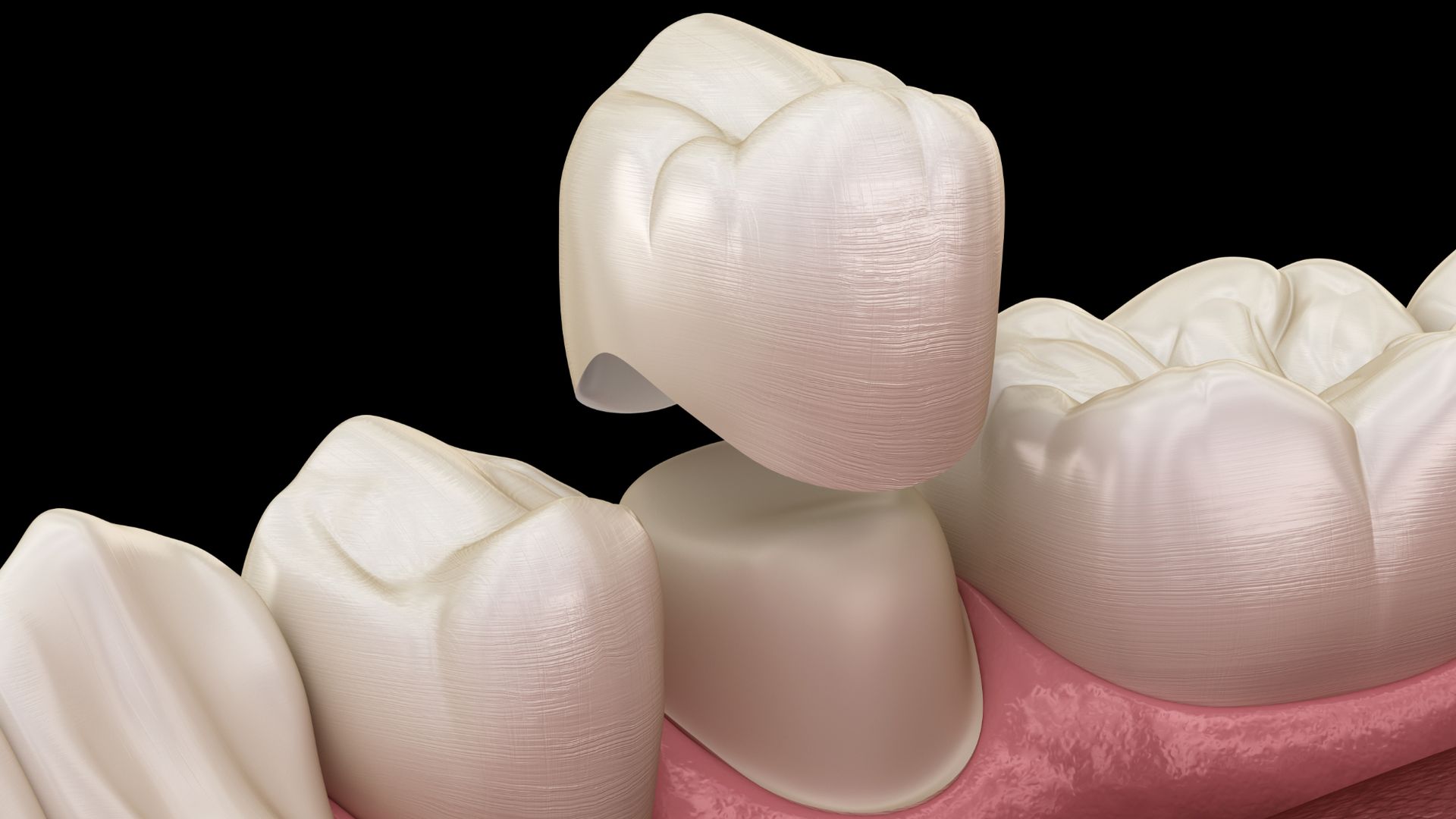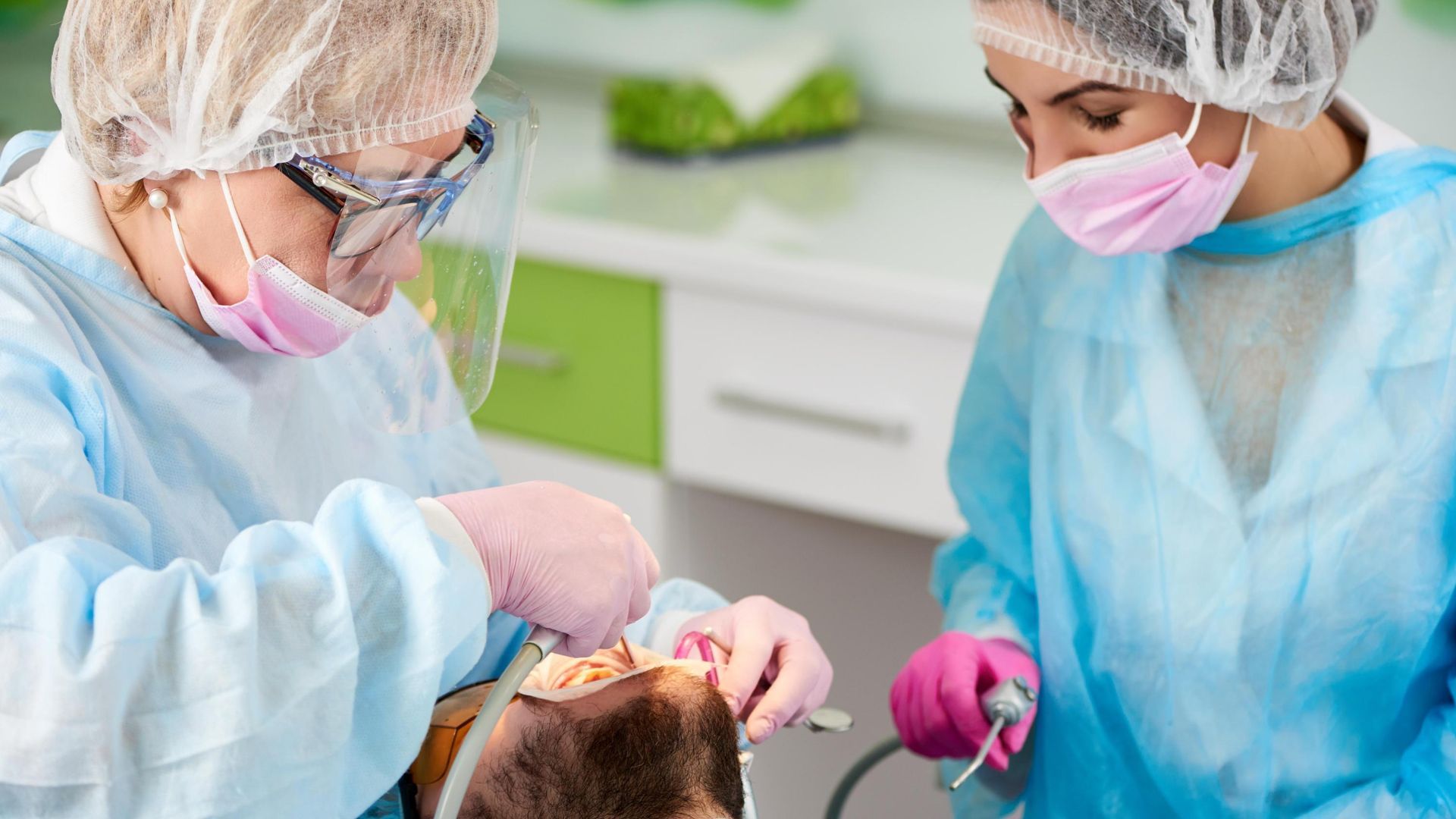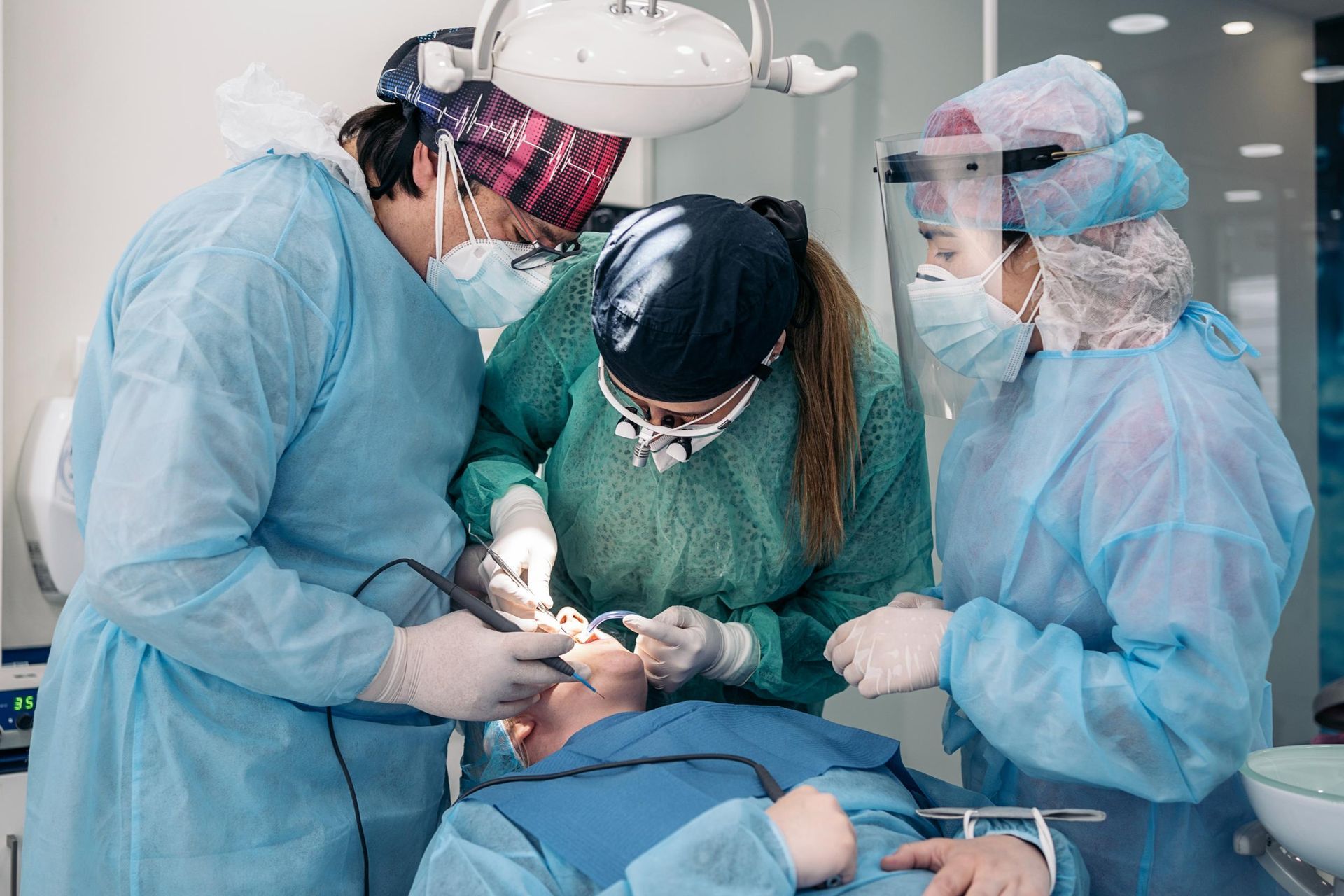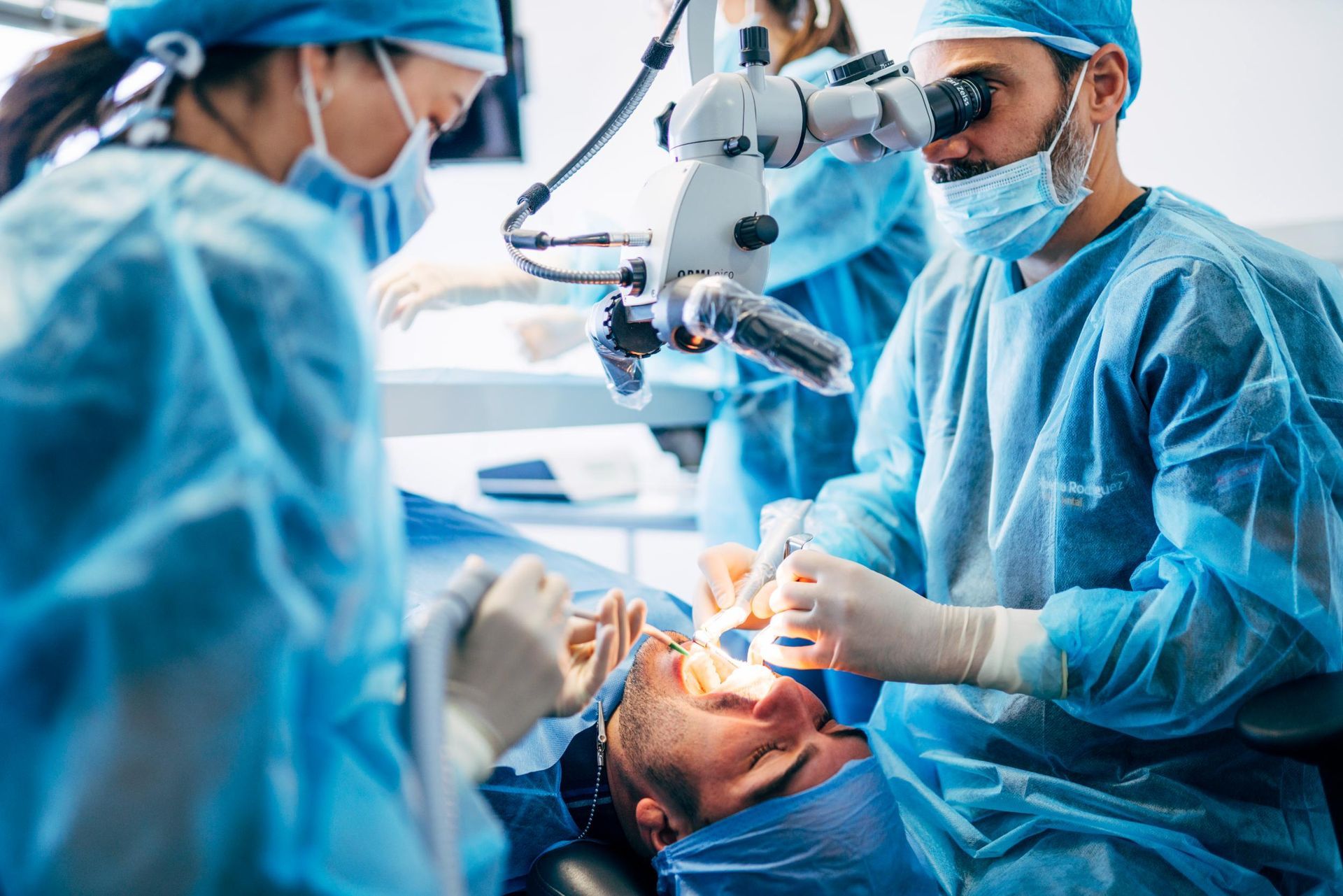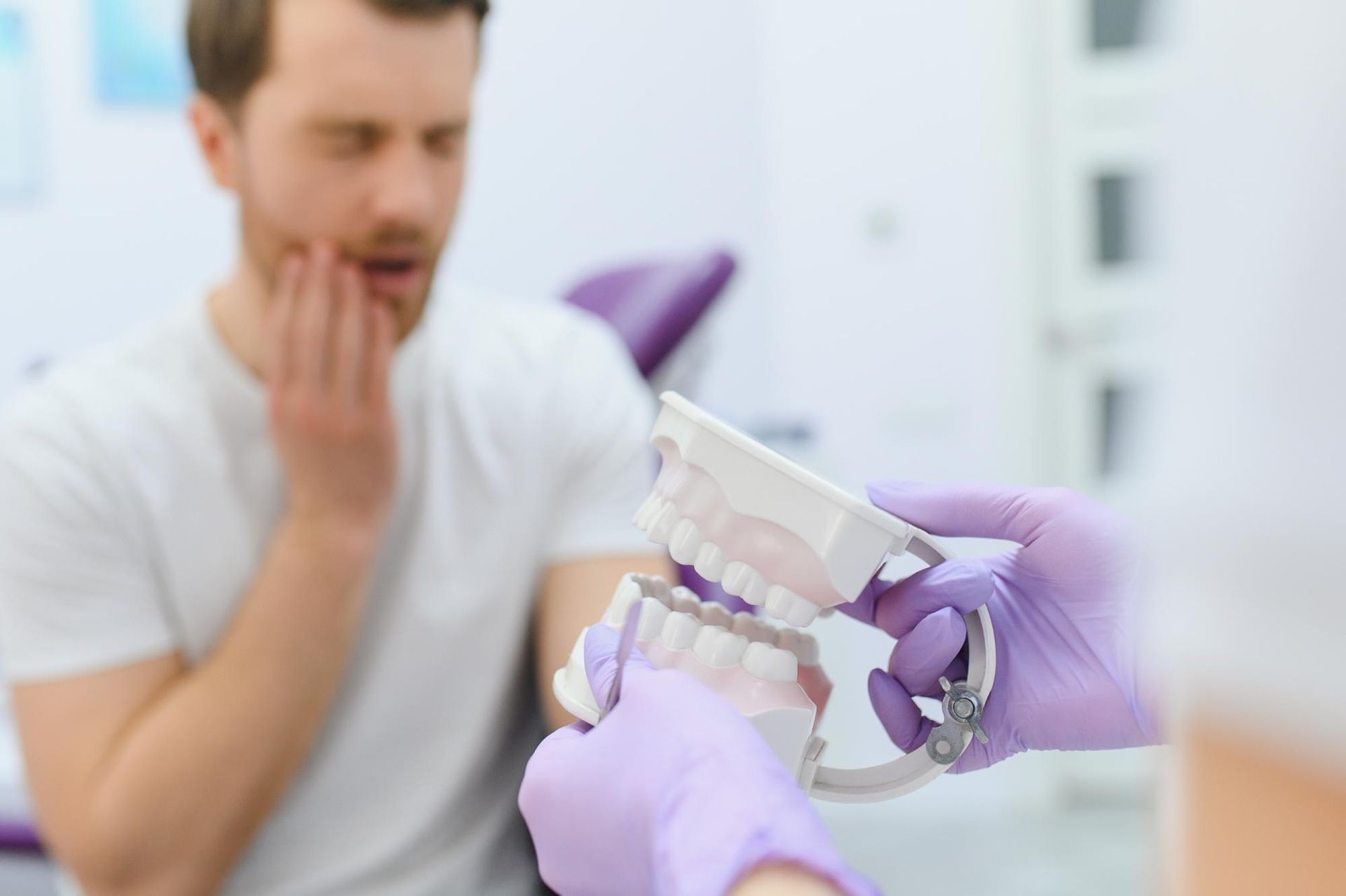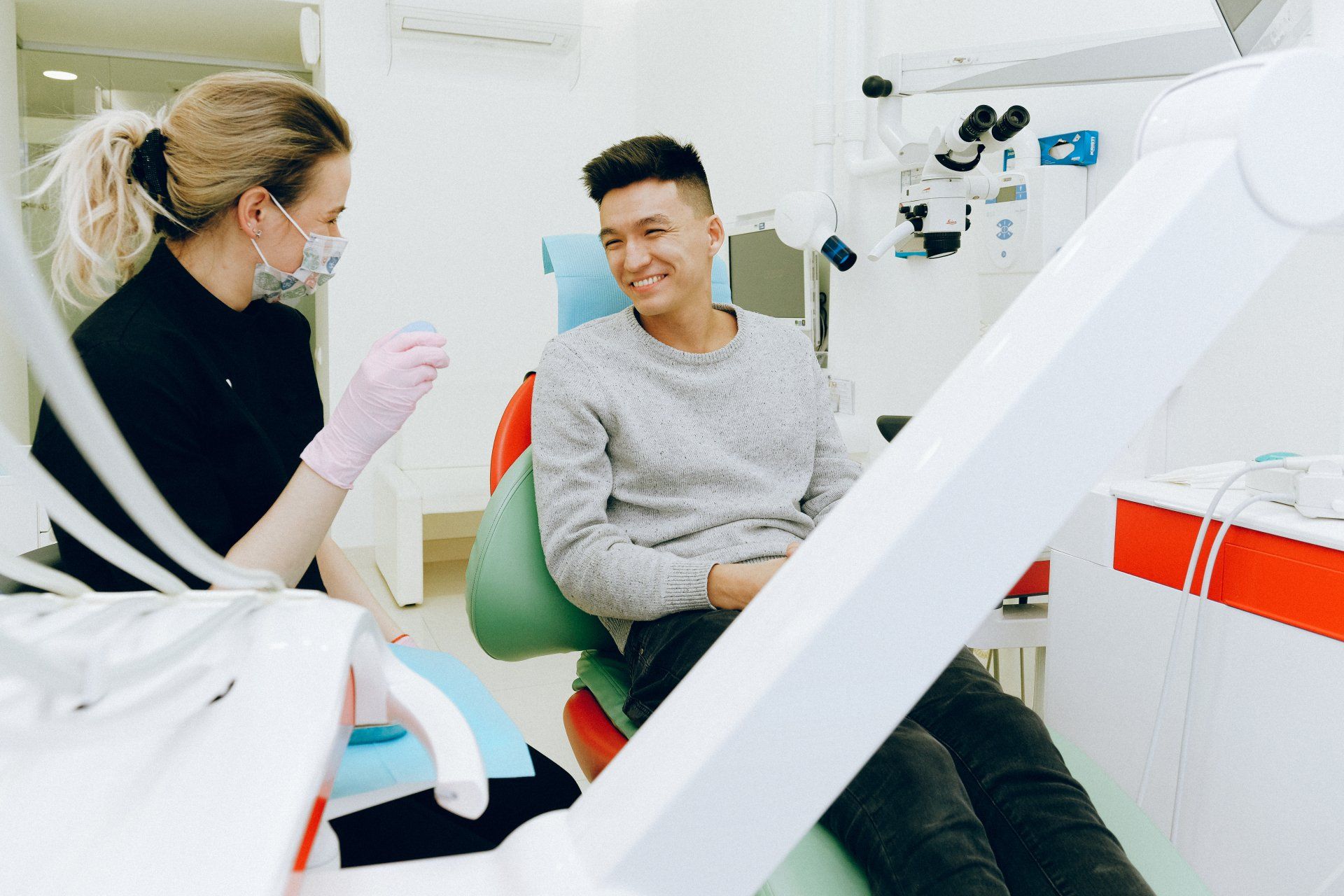Understanding the Risks: Light Smoking After Dental Implants

Can You Smoke After Dental Implant Surgery? What You Need to Know
Dental implant surgery, also known as the dental implant procedure, is a significant procedure that requires careful consideration and aftercare to ensure successful healing and integration. One common question from patients who smoke is whether it’s safe to continue smoking during the recovery period. In this blog post, we will explore the implications of smoking after dental implant surgery, providing valuable insights to potential dental implant patients.
Understanding Dental Implant Surgery
Before delving into the effects of smoking, it’s important to understand what dental implant surgery entails. A dental implant is a titanium post surgically placed into the jawbone, acting as a replacement tooth root. This dental implant placement integrates with the bone over time through a process called osseointegration, providing a stable foundation for a prosthetic tooth.
Key Stages of Recovery
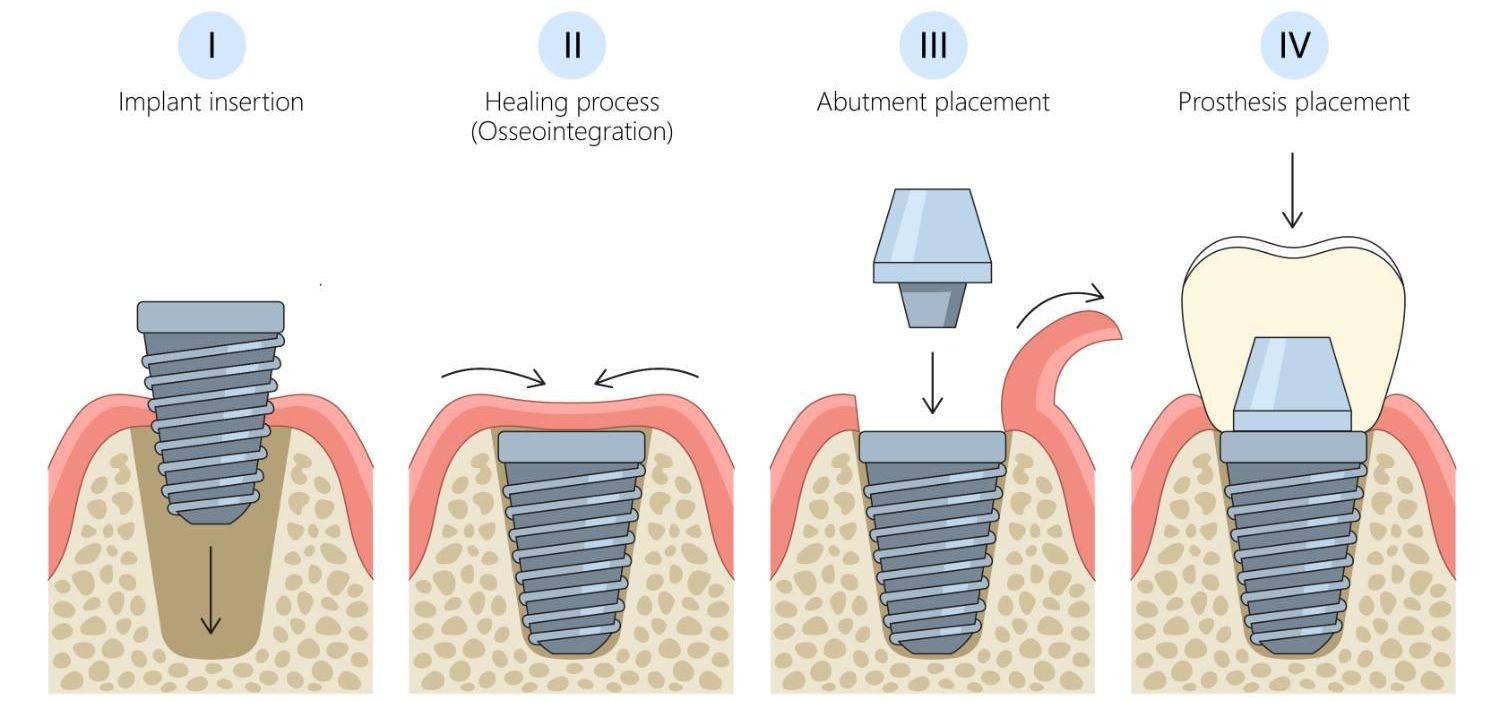
- Initial Healing (First Week): This is when soft tissues begin to heal. It's crucial to follow post-operative care instructions to prevent infection.
- Osseointegration (3-6 Months): The jawbone gradually bonds with the titanium post, ensuring stability and strength.
- Final Restoration: Once osseointegration is complete, a prosthetic tooth is attached to the implant.
How Smoking Affects Dental Implant Surgery
Smoking can significantly impact the success of dental implant surgery. The chemicals in cigarettes constrict blood vessels, reducing blood flow to the gums and jawbone. This diminished blood flow can slow down the healing process, making it harder for the body to deliver essential nutrients and oxygen to the surgical site. As a result, the risk of implant failure increases. Additionally, smoking weakens the immune system, which makes it more challenging for the body to fight off infections. This combination of factors can lead to a higher rate of complications during the recovery period, jeopardizing the success of the dental implant.
The Impact of Smoking on Dental Implant Surgery
Smoking and dental implants can have several detrimental effects on the healing process after dental implant surgery. Here’s why it’s generally advised to avoid smoking:
1. Reduced Blood Flow
Nicotine constricts blood vessels, reducing blood flow to the gums and bone. Adequate blood circulation is essential for delivering oxygen and nutrients to the surgical site, promoting healing and bone regeneration. Reduced blood flow can delay these processes, increasing the risk of implant failure.
2. Increased Risk of Infection
Smoking impairs the immune system, making it harder for your body to fight off infections. The mouth is already a bacteria-rich environment, and smoking introduces additional toxins that can exacerbate inflammation and lead to infections around the implant site, hindering the healing process.
3. Impaired Osseointegration
Osseointegration is crucial for the success of dental implants. Nicotine and other chemicals in cigarettes can interfere with bone growth and integration. Studies have shown that smokers have a higher rate of implant failure compared to non-smokers, primarily due to compromised osseointegration.
4. Gum Disease
Smoking is a major risk factor for gum disease, which can negatively impact the success of dental implants. Healthy gums are essential for supporting the implant, and any degree of periodontal disease can jeopardize the stability and longevity of the implant.
The Connection Between Smoking and Oral Cancer

Smoking is a leading cause of oral cancer, with smokers being six times more likely to develop the disease than non-smokers. The harmful chemicals in cigarettes can damage the DNA in oral cells, leading to abnormal cell growth and the development of cancerous tumors in the mouth, throat, and tongue. Oral cancer is a serious and potentially life-threatening condition, underscoring the importance of quitting smoking to reduce the risk of developing this disease. By eliminating smoking from your lifestyle, you significantly lower your chances of encountering such severe health issues.
Symptoms of Implant Failure
Dental implant failure can manifest in various ways, and being aware of these symptoms is crucial for timely intervention. Common signs include persistent pain, swelling, and bleeding around the implant site. You might also notice that the implant feels loose or mobile, or observe changes in the color or texture of the surrounding gum tissue. If you experience any of these symptoms, it is essential to contact your dental implant provider immediately. Early detection and treatment are key to resolving the issue and ensuring the long-term success of your dental implant.
Guidelines for Smokers Considering Dental Implants
While quitting smoking is the best option for overall health, we understand that it can be challenging. If you’re a smoker considering dental implant treatment, here are some guidelines to help improve your chances of a successful outcome:
Before Surgery
- Consult Your Dentist: Be honest about your smoking habits. Your dentist can provide tailored advice and discuss potential risks.
- Consider Quitting: If possible, try to quit smoking altogether before your surgery. Even a temporary cessation can significantly improve healing and implant success.
- Reduce Smoking: If quitting isn’t an option, aim to reduce your smoking frequency leading up to the surgery.
After Surgery
- Avoid Smoking Immediately Post-Op: It's crucial to avoid smoking for at least 72 hours after surgery. This is when the initial healing process is most critical.
- Follow Post-Op Instructions: Adhere strictly to your dentist's post-operative care guidelines to minimize complications.
- Use Alternatives: Consider nicotine patches or other smoking alternatives that don't involve inhaling smoke. Consult your dentist or doctor before using these products.
Long-Term Care
- Maintain Oral Hygiene: Keep your mouth clean to prevent infections. Brush and floss regularly, and use an antibacterial mouthwash if recommended by your dentist.
- Regular Check-Ups: Attend all follow-up appointments to monitor the healing process and ensure the implant is integrating properly.
- Consider Smoking Cessation Programs: Utilize resources such as smoking cessation programs to help you quit smoking for good, improving not just implant success but overall health.
Quitting Smoking for Better Oral Health
Quitting smoking can significantly improve oral health and reduce the risk of dental implant failure. By quitting smoking, individuals can:
- Reduce the risk of implant failure
- Improve the healing process
- Reduce the risk of infection
- Improve overall oral health
- Decrease the risk of oral cancer
- Improve gum health and reduce the risk of periodontal disease
Quitting smoking is a challenging process, but the benefits to oral health and overall well-being make it a worthwhile effort. With the help of nicotine replacement therapy, counseling, and support groups, individuals can overcome the addiction and enjoy a healthier, smoke-free life. Taking this step not only enhances the success of dental implants but also contributes to a brighter, healthier smile and improved quality of life.
Conclusion
Smoking after dental implant surgery poses significant risks that can compromise the healing process and the long-term success of your implants. While quitting smoking is the best course of action, understanding the potential hazards and following the guidelines provided can help mitigate some of the negative effects.
If you're a smoker considering dental implants, consult with your dental professional to discuss your options and create a personalized plan for a successful implant journey. Remember, your oral health is a crucial component of your overall well-being, and taking steps to protect it will yield benefits that extend far beyond your smile.
For more personalized advice or to schedule a consultation, don't hesitate to contact us. Your journey to a healthier, brighter smile begins with informed decisions and proactive care.
Share This Blog



